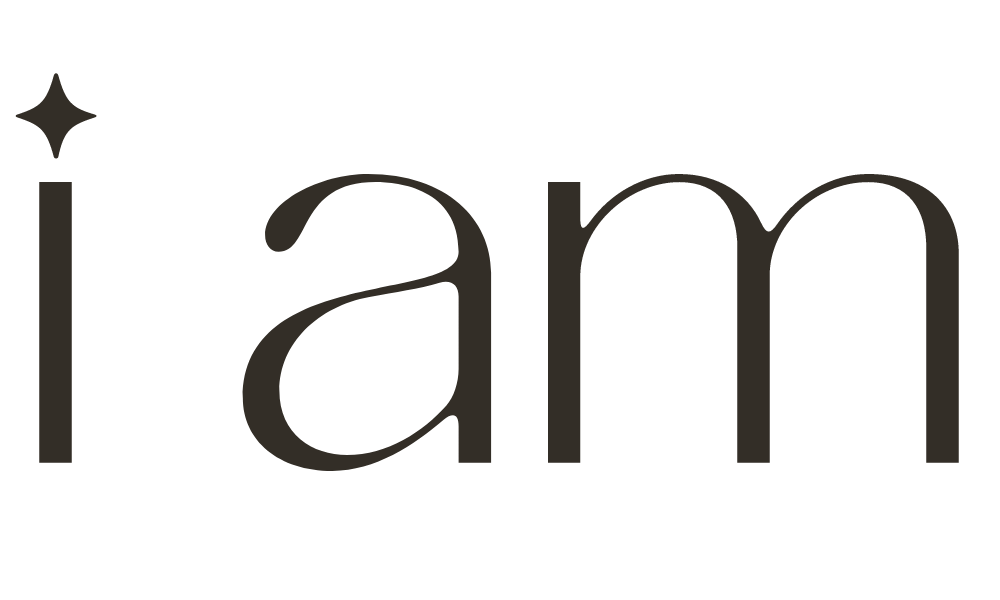Threads by Meta vs. Twitter: The Impending Failure Due to Suppression of Free Speech
Social media platforms play a pivotal role in modern society, providing users with a means to express their thoughts, opinions, and ideas. However, not all platforms prioritize the fundamental value of free speech. Threads by Meta, a messaging app launched by Meta (formerly Facebook), stands in stark contrast to Twitter (now referred to as X) when it comes to user freedom. In this article, we delve into why Threads' lack of free speech for users is likely to lead to its downfall in comparison to Twitter, a platform known for fostering open dialogue and free expression.
1. Restrictive Content Moderation
One of the primary reasons why Threads is at a disadvantage when compared to Twitter is its restrictive content moderation policies. Meta, like many other social media giants, employs automated systems and content review teams to moderate user-generated content. However, these systems often err on the side of caution, leading to the suppression of legitimate speech in the name of avoiding controversy or offensive content. This over-moderation stifles users' ability to freely express their thoughts and ideas, ultimately driving them to other platforms like Twitter, which are perceived to have more open policies.
2. Censorship Concerns
Threads' association with Meta, a company that has faced criticism for its handling of content moderation and censorship, further raises concerns about free speech on the platform. Users may worry that their content will be subject to arbitrary removal or that certain viewpoints will be suppressed, leading to self-censorship and a chilling effect on open discourse. In contrast, Twitter has long been recognized for its commitment to free speech, even amid challenges and controversies.
3. Impact on User Engagement
User engagement is the lifeblood of any social media platform, and the restriction of free speech on Threads can have adverse effects on its user base. Users are more likely to flock to platforms that allow them to express themselves freely and engage in meaningful conversations without fear of reprisal. Twitter's reputation as a platform that champions free speech has attracted millions of users, while Threads' restrictive policies may deter potential users who value their right to express themselves openly.
4. Diverse User Base
Twitter's user base is known for its diversity, with people from various backgrounds, cultures, and beliefs interacting on the platform. This diverse range of voices creates a vibrant and dynamic atmosphere, encouraging meaningful discussions and exchange of ideas. Threads, with its limiting content moderation practices, risks alienating certain groups, leading to an echo chamber effect and a less engaging user experience overall.
5. Stifling Innovation and Creativity
Platforms that curtail free speech can inadvertently stifle innovation and creativity. When users feel restricted or censored, they may refrain from sharing new ideas or controversial opinions. Twitter, on the other hand, has witnessed numerous trends and movements emerge from its user base, sparking global conversations and social change. Threads' lack of free speech may hinder the birth of such innovative trends, ultimately hindering its growth and relevance.
While Threads by Meta aimed to be a contender in the social media landscape, its restrictive content moderation policies and suppression of free speech pose significant barriers to success. In contrast, Twitter's commitment to fostering open dialogue and free expression has allowed it to become a leading platform for public discourse and social interaction. As long as Threads continues to prioritize stringent content control over user freedom, it is likely to fail in comparison to Twitter, which has built its reputation on respecting users' right to express themselves openly and freely. In the ever-evolving world of social media, embracing free speech and user empowerment is crucial for long-term relevance and success.

